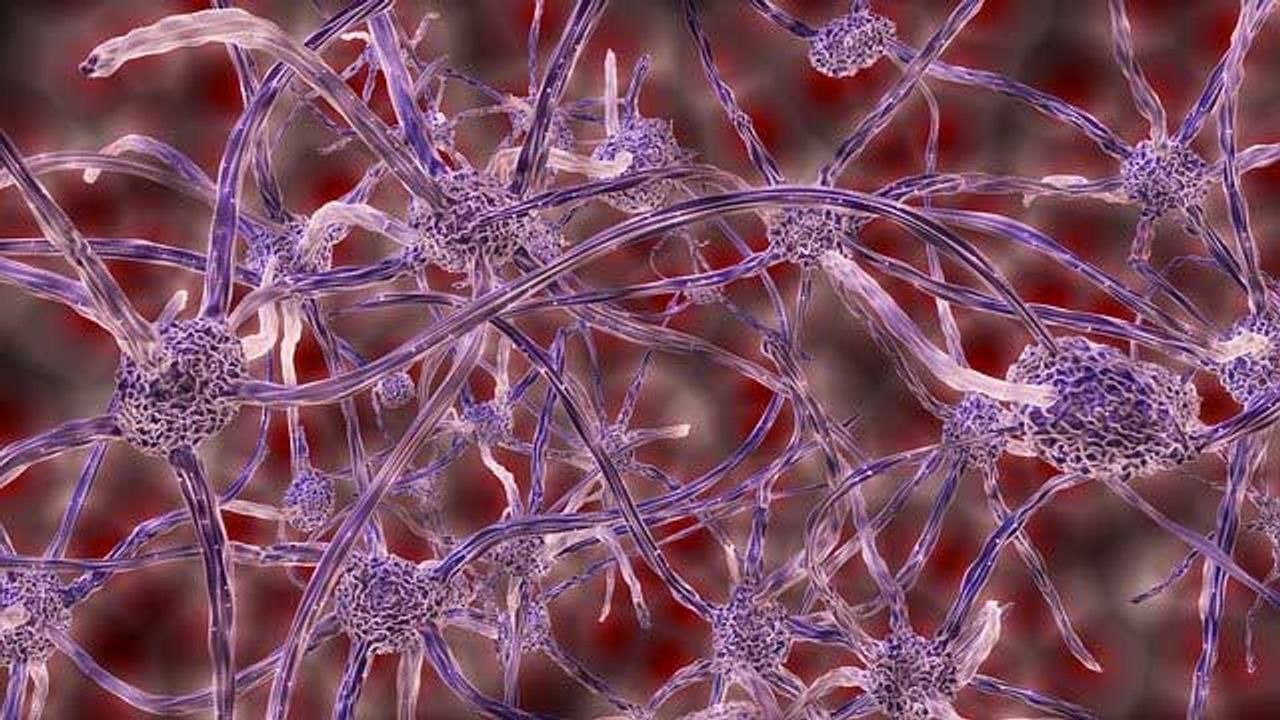
Did you know that brain health is one of the best predictors of lifespan? Of all the variables influencing your brain, diet has an even more significant influence than the rest!
What we consume may impact memory, mood, our capacity for clear thought, and the length of time the brain functions at its best. Even in the presence of hereditary and environmental risk factors, healthy brain aging is feasible. A healthy diet, exercise, and stress management techniques may help preserve or restore mental vibrancy.
The following six superfoods are essential for maintaining good cerebral function and warding off age-related deterioration. They also promote longevity and healthy brain function.
The brain is made up of about 60%, half of which is composed of omega-3 fatty acids necessary for developing brain and nerve cells. Because they have neuroprotective and anti-inflammatory characteristics, promote communication between brain cells, and lower oxidative stress, omega-3 fatty acids are crucial for maintaining the health and lifespan of the brain. According to studies, these nutrients may improve cognitive performance and help prevent dementia and Alzheimer's disease.
The traditional American diet has more Omega-6 fatty acids than Omega-3, which raises the risk of cancer and cardiovascular disease. However, increasing your intake of omega-3 fatty acids may be done quickly and simply via dietary changes, often without the need for supplements.
Fatty fish (salmon, albacore tuna, sardines), soybeans, almonds, flaxseed, and other seeds are natural food sources.
Magnesium provides direct anti-inflammatory actions, improves antioxidant state, and lessens excitotoxicity. Because it guards the brain against neurotoxins, this mineral is crucial for learning, long-term memory, and general brain health. Studies have also shown that elevating magnesium levels in the brain may stop neuroplasticity from degrading.
Nuts, seeds, dark greens, whole grains, fruits, dark chocolate, beans, and nuts are some examples of food sources.
Choline, which is necessary for synthesizing the crucial neurotransmitter acetylcholine. So this is one of the nutrients with the most remarkable capacity for improving brain health. Recent research discoveries reveal that lifelong choline supplementation may mitigate the pathophysiology of Alzheimer's disease and related cognitive loss, as well as diminish neuroinflammation and cell death.
It is believed that just 10% of Americans now follow the recommended dietary guidelines for choline intake, indicating the possible need for supplementation to attain such neuroprotective advantages.
Eggs, soybeans, fatty salmon, liver, red potatoes, and fiber-rich quinoa are food sources.
B vitamins are crucial for the neurochemical production of numerous neurotransmitters. By reducing homocysteine levels, this class of vitamins aids nerve-brain connection and may reduce cognitive loss in aging individuals. A lack of B vitamins may result in memory loss, nerve damage, and mood issues.
While vitamins B12 and folate may help prevent dementia and Alzheimer's disease, B vitamins like thiamin and niacin assist the body absorb nutrition for energy.
Food sources include fresh fruits and vegetables, lean meats, eggs, brown rice, cottage cheese, avocados, and whole grains.
Lutein, the most prevalent carotenoid in the brain in every section of the brain, is essential for optimal brain function. By quenching free radicals, reducing inflammation, and raising neurotrophic factors, lutein promotes brain health and has significant cognitive advantages, including improved learning and memory. Research has shown that seniors with the highest blood lutein levels had better lifelong learning and application abilities. Additionally, studies have shown a beneficial relationship between lutein levels in the eye and visual processing speed and, therefore, alertness and cognitive preparedness.
Spinach, kale, maize, pumpkin, sweet potatoes, egg yolks, and avocados are examples of food sources.
Regular consumption of these six nutritional powerhouses may maintain optimum brain function, guard against aging-related decline, and lengthen life.
When I first published The 7 Critical Questions to Ask Before Letting Any Surgeon Touch You, I had no idea that it would be so popularly received. Since its publication, this brief guide has helped thousands like you to more safely navigate the world of cosmetic surgery. The 7 Questions have been updated and a bonus section, Applying the 7 Questions, has just been added. Be my guest to read, learn and share.